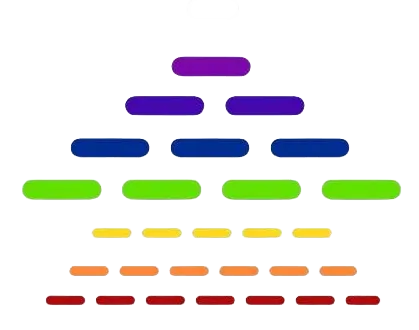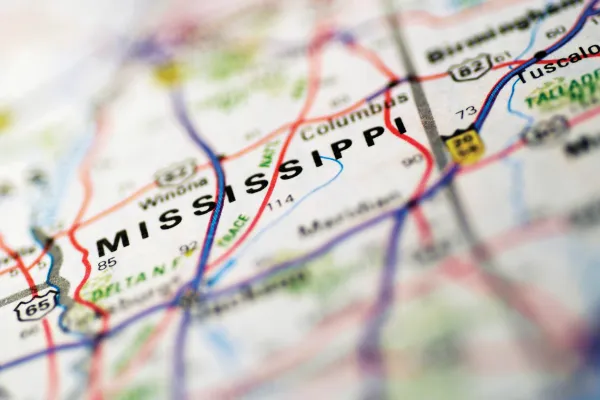

PEP CHRONICLES
We're Redefining Excellence Beyond the Status Quo.

Stolen Land: A Tale of Two Occupations—Gaza, America, and the Theft That Hits Home
Stolen land carries the weight of its theft. It remembers the hands meant to tend it, the lives it was meant to sustain. No matter how history is rewritten—by nations or by family—truth cannot be erased. The land knows. And so do we.
History is not just something we read about in textbooks or watch unfold on the news. Sometimes, history lives within us—etched in our families, our bloodlines, and the land that should have been ours. Sometimes, history is personal.
The colonial theft of Native American lands, the brutal displacement of Indigenous peoples, the violent occupation of Gaza—these are not just distant echoes of injustice. They are reflections of something much closer, something that my own family is living through right now. Because theft—whether by nations, empires, or even our own kin—is still theft.
For generations, my family lived on land in Mississippi, land passed down like an unspoken promise, a sacred inheritance from my great-grandmother to my mother. But when my mother was taken from us too soon—killed in a car crash while we were still children—the story of that land was rewritten, not by truth but by greed. We were never told that our mother had been left property. We were made to believe we were poor. Meanwhile, that land, which should have been ours, was taken—stolen—by a brother who had no rightful claim. Instead of passing it to my mother’s children, as was her birthright, it was snatched away, handed off to his own daughter like it was his to give.

And now, just like in America’s past and Gaza’s present, we are locked in a battle over what was supposed to be ours all along. Two groups of first cousins—our family, and theirs—stand on opposite sides of this divide. The one who holds the land knows that a portion belongs to us—in fact, she said to me, "I was wondering how I got it all", yet they refuse to release it. Just as settlers justified taking Native lands, just as Trump and his allies try to carve up Gaza, just as colonizers have always done, our own flesh and blood have rewritten history in their favor.
But here’s the thing about stolen land: it carries the weight of the theft. It carries the whispers of ancestors who knew the truth. It remembers the hands that were meant to tend it. Just as America will never erase the memory of the Native nations that lived and thrived before conquest, just as Palestine will never forget the generations that called it home before occupation, our family will never stop knowing the truth.
And the truth is this: what was stolen is still ours. No matter how they try to twist the story, no matter how they try to justify the injustice, right is right, and wrong is wrong. My great-grandmother knew who she left that land to. My mother knew. And we, her children, know too.
There is a reason land theft always leads to conflict, whether on a national scale or within the walls of a family. Because when you take from people what is rightfully theirs, when you strip them of what their ancestors intended for them, you do more than steal property—you steal dignity, legacy, justice. But the land remembers. The land knows. And so do we.
This is why people fight. This is why nations rise up. This is why families fracture. And this is why, no matter how long it takes, justice must always be pursued—whether in America, in Gaza, or in Mississippi. Because the truth will never be buried. Not by governments, not by colonizers, and not even by family.
May peace prevail.
Chloé Taylor Brown
